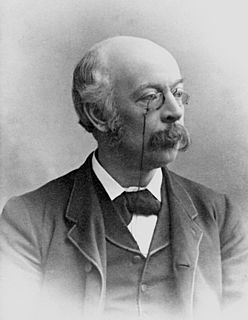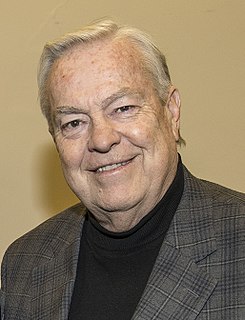A Quote by Jimmy Iovine
Dylan captured what was on a million minds and turned it into poetry. With 'Blowin' in the Wind' or 'The Times They Are A-Changin',' he set a whole new standard.
Related Quotes
Bob Dylan's 'Blowin' In the Wind' was written into the script of 'Article 15.' It was the only song I wanted in my film. It encapsulates the spirit of exploration and salvation that my hero Ayushmann Khurrana goes through. I love the song's lyrics, especially 'How many roads must a man walk down before you call him a man? '
The New York Times will tell you what is going on in Afghanistan or the Horn of Africa. But it is no exaggeration that The New York Times has more people in India than they have in Brooklyn. Brooklyn is a borough of two million people. They're not a Bloomingdale's people, not trendy, sophisticated, the quiche and Volvo set. The New York Times does not serve those people.
When the New Yorker turned down work, they turned it down in such an elaborately gentlemanly way making apologies for their own shortsightedness. Undoubtedly it was their fault but somehow for some reason this fell short of the remarkably high standard that you by your own work have set for yourself. They had a way of rejecting my work that made me feel sorry for them somehow.

































